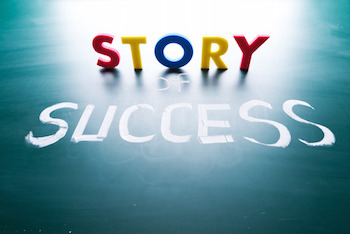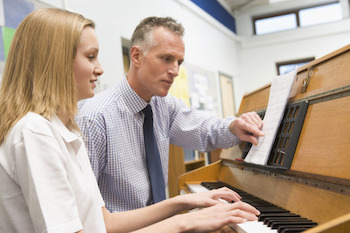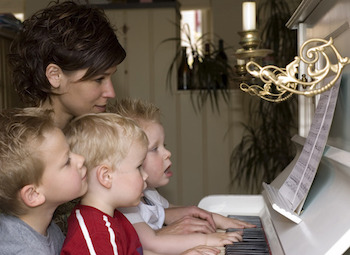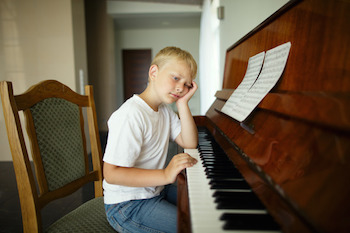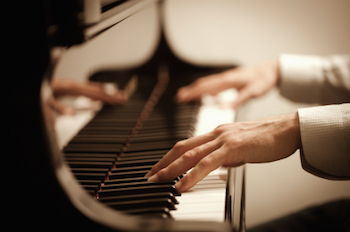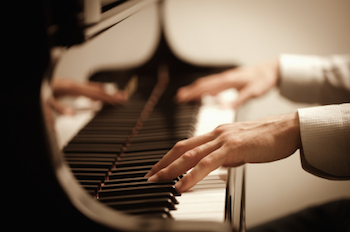There are two kinds of skills when it comes to playing the piano. On one hand, you’ll find people that can play by ear. By listening to a song, and sitting down to a piano to feel the notes, in just a few moments they can play the song as if they’ve been practicing it for years.
Then there is reading music. In order to effectively learn how to read music, you must incorporate what you read from the notes in the music and transfer that understanding down into your fingers as they play.
Reading music and understanding it takes time. That’s what practice is all about. Yet the better you get, the easier it becomes. Reading music becomes almost second nature; its something you can quickly transfer from reading to playing, without the necessity of practice to understand how it all comes together.
The concept of sight reading can be one of the most difficult concepts to master as a piano player. As a sight reader, you can take any piece of music, and by reading through it once can convert that knowledge into playing the piece at a fairly accurate level.
In the music world, sight reading is an important skill to have, especially when you’re working with new opportunities every day. In order to improve your sight reading skills, there are a few things you can do.
Practice Every Day
Just like your piano playing skills will improve with every day of practice, so to will your sight reading skills. Consider picking up sight reading music that will help you become stronger with your skills.
Become More Confident With Your Skills
As a piano player, you have two skills developing with every song you play. One is to read the music. Two is to connect the notes to your fingers and be able to play the tune without hesitation. If you find yourself consistently looking down at the keyboard, second guessing your abilities, try playing in the dark to perfect your skills. It’s a great way to allow you to trust your playing ability, which will give you more confidence in connecting your reading and playing skills together.
Work With Other Musicians
Working with singers or other instrumentalists can bring your music skills together in a unique way. Having others to work with will help you create broader skill set and learn how to hear the music through several different channels.
Chunk Musical Elements Together
When you become a proficient reader, you learn to read based on words, phrases and clauses. You read quickly by seeing patterns and putting things together quickly in your mind. Reading music is no different. The more proficient you become at reading music, the more your eye will gravitate to patterns that appear again and again. Learn to recognize these and use your knowledge to help music flow easier, even when its your first time through.
Pick Up Traits From The Best
Listen to particular composers or genres. Then take what you learn when you pick up a piece of music from that composer or genre. Its not just about the notes; its also about the musical elements and style. Even when the notes aren’t perfect, if you can achieve the flavor of the period just by putting the right mood into the piece, you’ll be able to sound more like the real thing every time.
